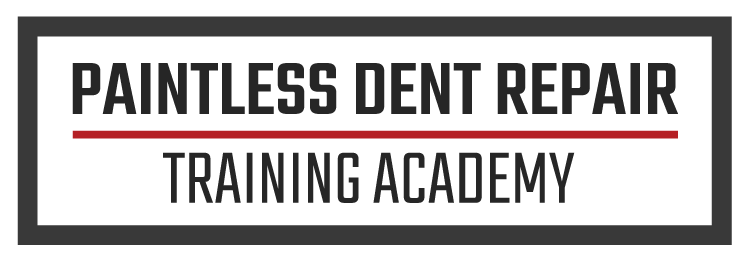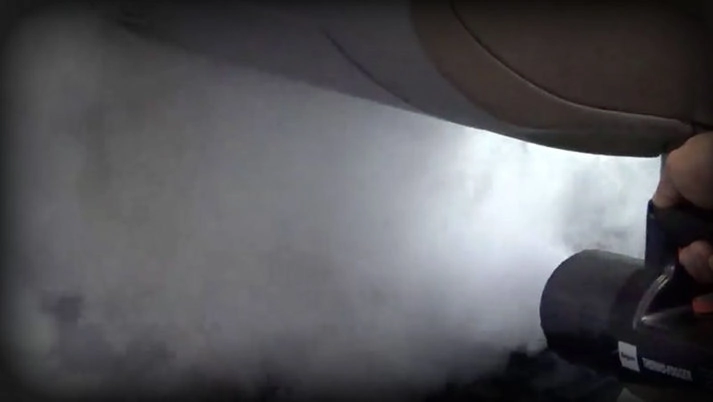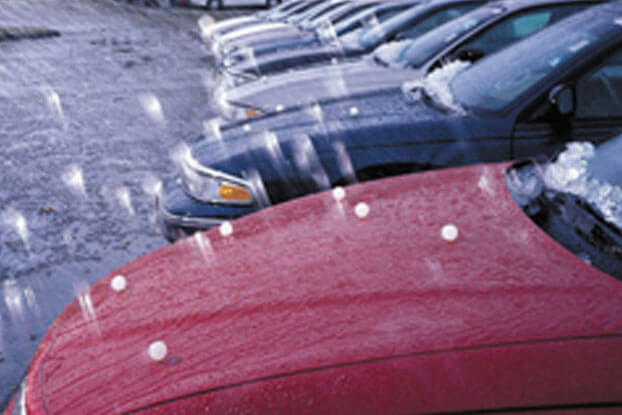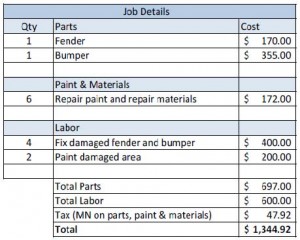Insurance companies put paint material caps on estimates, is there a law regarding this? And how does this apply to you and your estimates? Is this happening in your state, and if so what does it mean?
These are questions being asked throughout the industry. It’s not as if this is new information, it’s been going on for a good long time, but it gets more and more frustrating when the insurance companies have made a career out of interpreting the information in thousands of ways. One day there is a cap and the next there isn’t. The states that do have statutes are Virginia, Connecticut, New York and Kansas.
The states, as mentioned above, have their own statutes and should be read carefully so that there is as much understanding as there can be. The overall wording can be quite confusing and I almost believe that this cause of confusion is intentional. The main problem that surrounds these statutes is the interpretation so what the repairer thinks they understand and what the insurance companies are sure of what they understand put the two in the center of conflict and bad feelings sprout from this.
It would be great if there were some common understanding that could end this ongoing feud, but as of yet, that hasn’t happen. These statutes seem to fall in a gray area and there is no hope in sight. Additionally, the states that do have the statutes are also indecisive on what the meaning is and some take a dimmer view than others. The issue, in all of its confusion, isn’t even made into a true state-by-state list. In most cases, the repairers have learned how to get around the issues and deal with them on a case-by-case basis. I suppose it has a lot more to do with which insurance company’s they are dealing with.





